Unsere Top-Tipps: So erzielen Sie eine tiefgreifende Wirkung mit Ihrem GRESB-Assessment
Nicht zuletzt die aktuell veröffentlichten GRESB-Ergebnisse für das Jahr 2020 verdeutlichen, dass die Themen Nachhaltigkeit und ESG auf dem Immobilienmarkt verstärkt Einzug halten.
Die Beteiligung am GRESB-Assessment hat sich weltweit um 22% erhöht. Auf Assetebene wurden für mehr als 96.000 Assets in 64 Ländern Daten zu den wichtigsten Umweltperformance-Indikatoren veröffentlicht. In Europa ist für das Jahr 2020 ein Anstieg der Einreichungen um 24% zu verzeichnen. Während die meisten Einreichungen aus Großbritannien eingingen, konnte Deutschland einen fast 80-prozentigen Anstieg von 24 auf 44 Unternehmen verzeichnen – eine Entwicklung, die den wachsenden Markt für GRESB und ESG in der Region gut veranschaulicht.
Inmitten dieser erfreulichen Entwicklung ist jedoch auch darauf zu verweisen, dass das GRESB-Rating in seiner Funktion nicht dem reinen Punktesammeln und dem Vergleich mit anderen GRESB-Teilnehmern gleichzusetzen ist. Vielmehr bietet sich das GRESB-Assessment dazu an, einen ergänzenden Beitrag zur Unterstützung wirkungsvoller Entscheidungen als Teil eines ganzheitlichen ESG-Ansatzes zu leisten.
Wir empfehlen dabei folgende Überlegungen zu berücksichtigen:
- Ein Tool zur kontinuierlichen Verbesserung: Erst mit der Verwendung von GRESB als Tool anstatt lediglich als Scoring-Instrument begeben Sie sich als Unternehmen auf eine ESG-Reise der kontinuierlichen Verbesserung. GRESB-Daten können einen wichtigen Bestandteil des Plan-Do-Check-Act-Prozesses bilden (erfahren Sie mehr darüber in diesem Blog), und Ihre Assessment-Ergebnisse werden in Ihren Verbesserungsplan für das folgende Jahr einfließen.
- Bereitstellung eines Rahmens für die Entwicklung von ESG-Strategien: Die Vielfalt der von GRESB abgedeckten Themen eröffnet die Möglichkeit, eine einzigartige ESG-Strategie und einen auf das Unternehmen zugeschnittenen Implementierungsplan zu entwickeln. Dabei muss es nicht unbedingt darum gehen, „einfachen“ Punkten hinterherzujagen, indem Sie z.B. eine Vielzahl an Green Building-Zertifizierungen abschließen (obwohl wir Sie natürlich auch gerne im Zertifizierungsprozess unterstützen). Die Ganzheitlichkeit der GRESB-Assessment-Themen kann dazu beitragen, einen strategischen Rahmen für die gesetzten ESG-Prioritäten Ihres Unternehmens zu schaffen.
- Schaffung einer Grundlage für das ESG-Reporting: Nach einer Phase der ESG-Strategieentwicklung und einer ersten GRESB-Etappe werden relevante ESG-Informationen über Ihr Unternehmen und Ihre Fonds bereits strukturiert gesammelt worden sein. Dies wird Ihnen maßgeblich dabei helfen, den nächsten Schritt zu Ihrem ersten jährlichen ESG-Bericht zu gehen, der sich u.a. mit der EU-Verordnung über nachhaltigkeitsbezogene Offenlegungspflichten im Finanzdienstleistungssektor oder den Empfehlungen der „Task Force on Climate-Related Financial Disclosures“ (TCFD) in Großbritannien befasst.
- Schwerpunktsetzung auf verbesserte Performance: Die GRESB-Bewertung für 2020 ging mit mehreren Änderungen einher. Eine Anpassung an eine 30/70-Aufteilung zwischen der Management- und der Performance-Komponente und verpflichtendes Reporting auf Assetebene hat den Fokus vermehrt auf die Aktivitäten auf Assetebene und die mit den Assets verbundenen Stakeholdern gelegt. Damit liegt der Schwerpunkt nun stärker auf der ESG-Performance und der stetigen, wirksamen Verbesserung der gebauten Umwelt – sowohl in ökologischer als auch gesellschaftlicher Hinsicht.
- Ein Weg in Richtung Dekarbonisierung: Wir haben festgestellt, dass die Aufnahme von Gesprächen über GRESB mit unseren Kunden oft zu mehr Ideen und Lösungen führt, als es der ESG-Benchmark verlangt. Beispielsweise regt dies unsere Kunden an, die Aufstellung eines Dekarbonisierungspfades für ihr Portfolio in Betracht zu ziehen. Dieses Jahr hat GRESB die Dateneingaben mit dem Carbon Risk Real Estate Monitor (CRREM) verknüpft und den Teilnehmern einen vorausgefüllten Download zur Verfügung gestellt. Auch die Rolle der verbauten Emissionen („embodied carbon“) wird zunehmend thematisiert – eine Entwicklung, die wir aufmerksam verfolgen. Je weiter wir diese Diskussionen vorantreiben können, desto näher kommen wir der Verwirklichung von gesünderen und nachhaltigeren Räumen. Für jeden!
Wenn Sie mehr über die Nutzung von GRESB als Teil Ihrer umfassenderen ESG-, Dekarbonisierungs- und damit verbundenen Reporting-Strategie erfahren möchten, wenden Sie sich bitte an das Team von EnviroSustain, das Ihnen gerne weiterhilft.









Head Office, Berlin,
Neue Grünstraße 17 | 18 Hof 1 | TRH 3
10179 Berlin
© ES EnviroSustain GmbH 2021




